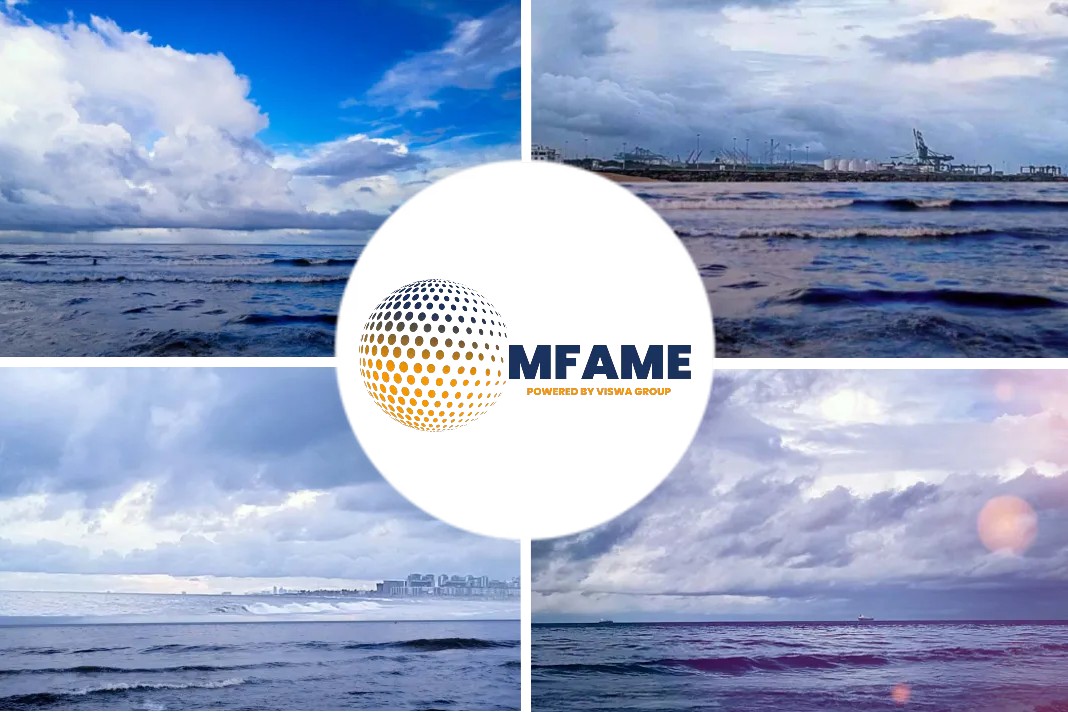An alternative way to finance the decarbonization of shipping that actually works says an article on Klaveness.
To reduce GHG emissions
We are pleased to see that “insetting” is slowly but surely gaining recognition as an alternative to offset. By focusing on projects that reduce GHG emissions within shipping, insetting supports the green transition in the sector. It also enables all the participants in the supply chains to collaborate on reducing the overall carbon footprint from ocean freight. ZeroLab by Klaveness is certain that insetting will be an important tool to speed up decarbonization and is pleased to announce its first collaboration in this area.
Earlier this month, it was announced that MIT and the Smart Freight Centre are developing GHG Accounting Guidelines for the use of sustainable aviation fuel (SAF). This will facilitate the use of insetting in aviation and help finance the development of sustainable fuel. ZeroLab by Klaveness is encouraged to see that insetting is taking hold as an innovative way to finance the decarbonization of hard-to-abate sectors like shipping and aviation.
Regular offsets blur the real cost of decarbonizing shipping
“Insetting refers to the purchase of emission reduction credits within a company’s relevant value chain. It differs from offsetting in that it drives funding towards the technology we need to develop for shipping to decarbonize by 2050”, says Martin Prokosch, VP and Head of ZeroLab.
Insets will encourage actual emissions reduction initiatives
Like for regular offsets, insets allow for the emission reductions to happen anywhere in the world, and not just within the physical supply chain of the charterer that wants to contribute. “This mechanism will allow for cost-effective emission reduction initiatives to be realized, irrespective of where they are located, and hence reduce the overall cost of decarbonizing the shipping sector,” says Martin Prokosch, Head of ZeroLab.
Through a partnership with Dutch company GoodShipping, Klaveness plans to offer all charterers the opportunity to compensate for their shipping-related emissions through insetting.
“Cargo owners have an important role to play by increasing demand for climate-friendly shipping, and we are confident that our new offering will be well-received by the front-runners”, says Ingrid Kylstad, Sustainability Lead in ZeroLab by Klaveness. “No chain is stronger than its weakest link. That also goes for supply chains: all participants must come together to demand, deliver, finance, and support decarbonization”, she adds.
Several inset options for charterers to choose from
The partnership with GoodShipping is a first step towards offering a comprehensive suite of inset options based on the various ways to decarbonize shipping.
“Biofuels decarbonize seaborne supply chains in a cost-effective manner. Our solution is based on the principle of mass-balance, meaning that we facilitate a fuel switch, and the volume of sustainable biofuel that reduces charterers’ emissions will be fueled into a preselected vessel that would have normally run on fossil fuel”, says Janne Erxleben, Business Development Manager at GoodShipping.
“Today’s announcement is another important step in accelerating the energy transition within shipping”, Janne adds. “We applaud Klaveness for its commitment to sustainable shipping and our initiative, which demonstrates to the industry that together we can reduce shipping’s impact on the world.”
“This solution ticks all the right boxes and is available today. Our ambition is to bunker the biofuel onboard Klaveness’s owned or operated vessels. Focusing on projects that support actual emissions reductions within shipping is key to speed up the transition the industry needs to go through”, says Head of ZeroLab in Klaveness, Martin Prokosch.
Prokosch adds, “Klaveness Combination Carriers ASA has already bunkered biofuels on the CLEANBU MV Baru. We look forward to expanding the use to other owned and operated vessels by Klaveness.”
Decarbonizing ocean freight requires collaboration between all stakeholders in the chain. Now it’s up to the charterers to make use of this opportunity.
“The transition to zero-emission shipping is happening right now, and we see that our customers are curious to explore how they can be a partner in the transition. We are excited to launch the cooperation with GoodShipping as it fits well with our ambition to be a provider of resilient, cost-effective, and decarbonized ocean freight”, says Michael Jørgensen, Senior Vice President, Head of Dry Bulk. “We are pleased that we are now able to offer all our customers the opportunity to significantly reduce their Scope 3 emissions”, he adds.
Did you subscribe to our daily newsletter?
It’s Free! Click here to Subscribe!
Source: Klaveness



















